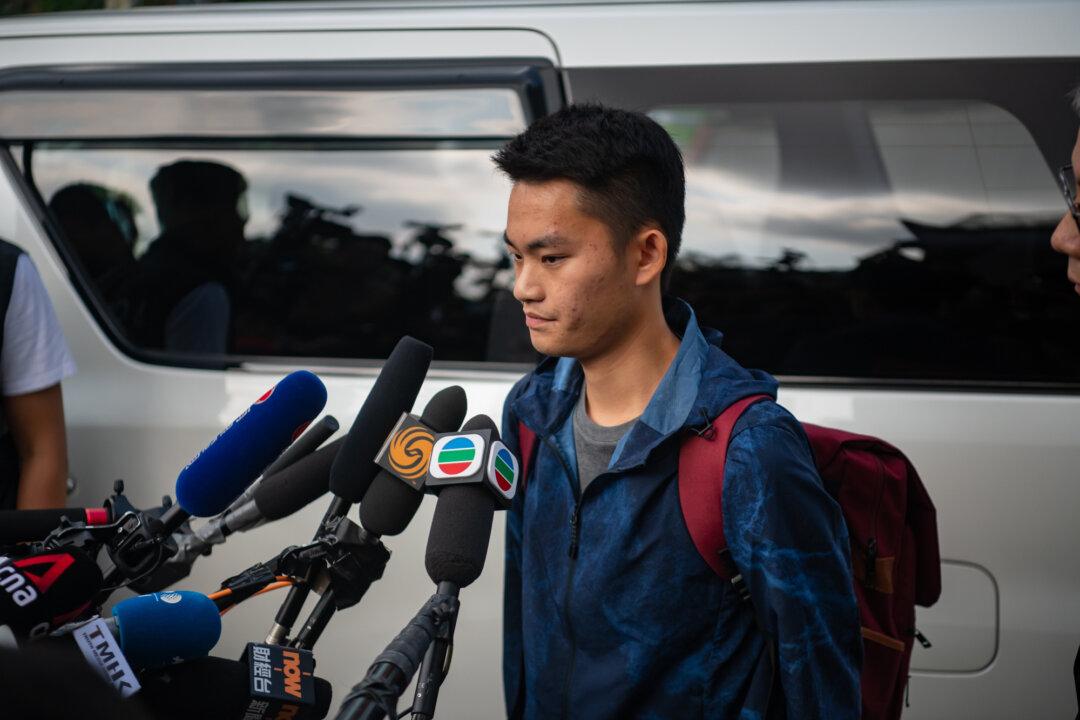Chan Tong-kai, whose case led to the Hong Kong government’s introduction of a controversial extradition bill that triggered the biggest protests in the city’s history, was freed from prison on Oct. 23.
Chan, a Hong Kong resident, is wanted in Taiwan for allegedly murdering his then-pregnant girlfriend, Poon Hiu-wing, while the two were on a trip to Taiwan in 2018. Poon’s body was later found in a suitcase that was dumped in a field close to a subway station in northern Taiwan.





